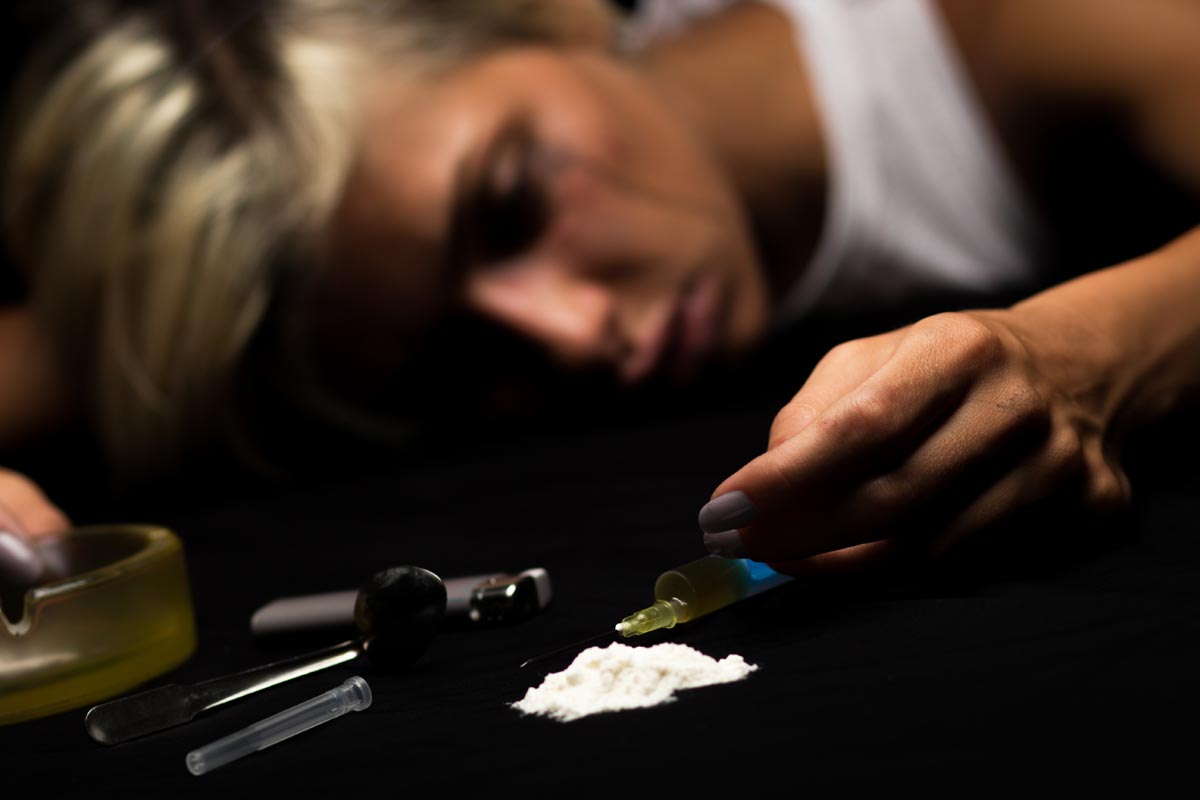Certainly, you saw some partying in high school, but there was always some parental oversight. And, the risk of getting caught, as …
A Primer on PAWS
Symptoms can come and go as the body continues to heal. You can expect to feel progressively better the longer you abstain from …
Overdose Death Impacting Life Expectancy
year. There were more deaths in 2016 than in 2015, and overdose deaths are expected to surpass last year, in 2017. Overdose death …
Continue Reading about Overdose Death Impacting Life Expectancy
Dealing With Depression and Addiction
anxiety or mood disorder, according to the Anxiety and Depression Association of America. Yet it’s not always clear whether …
Continue Reading about Dealing With Depression and Addiction









